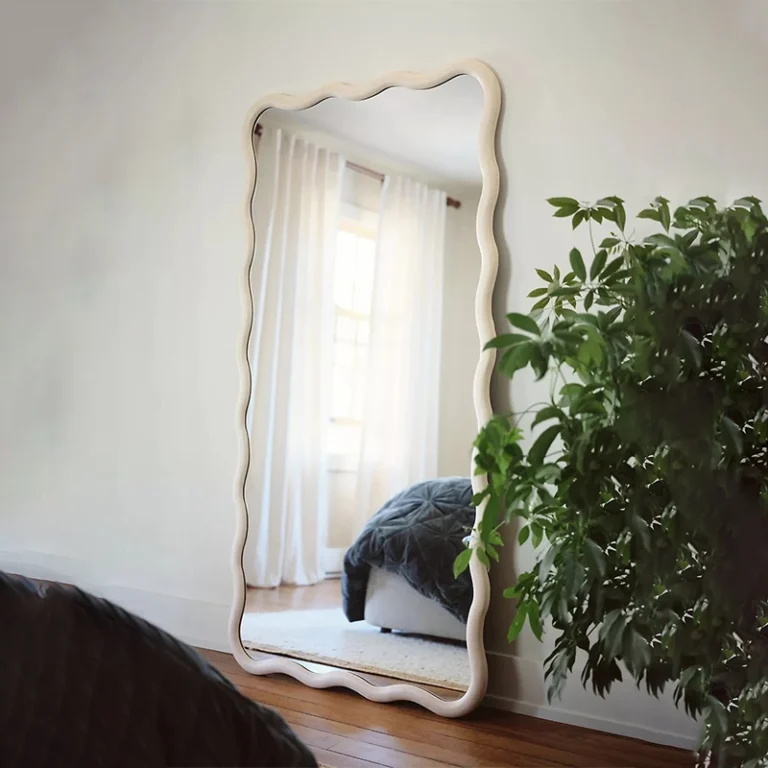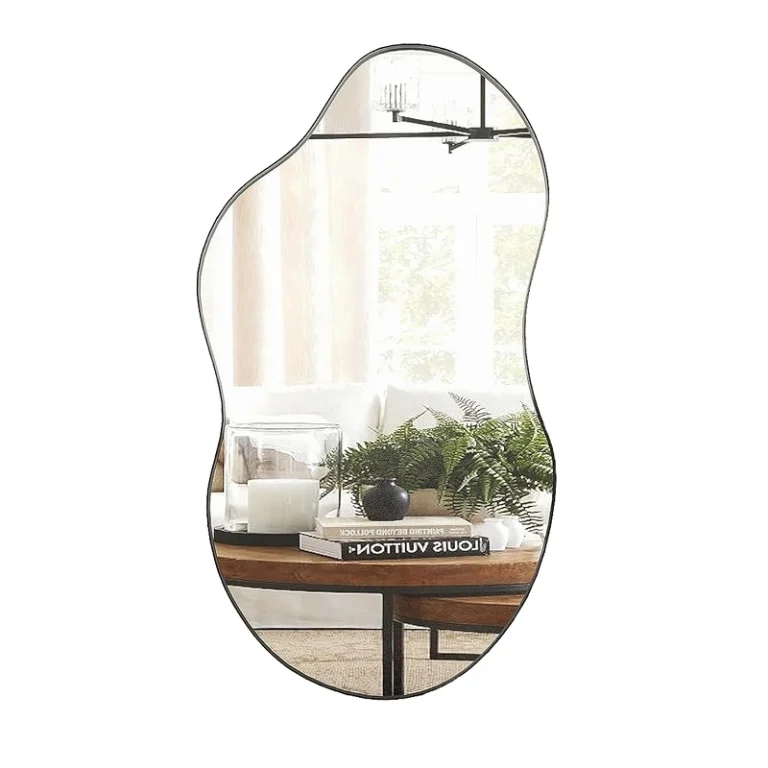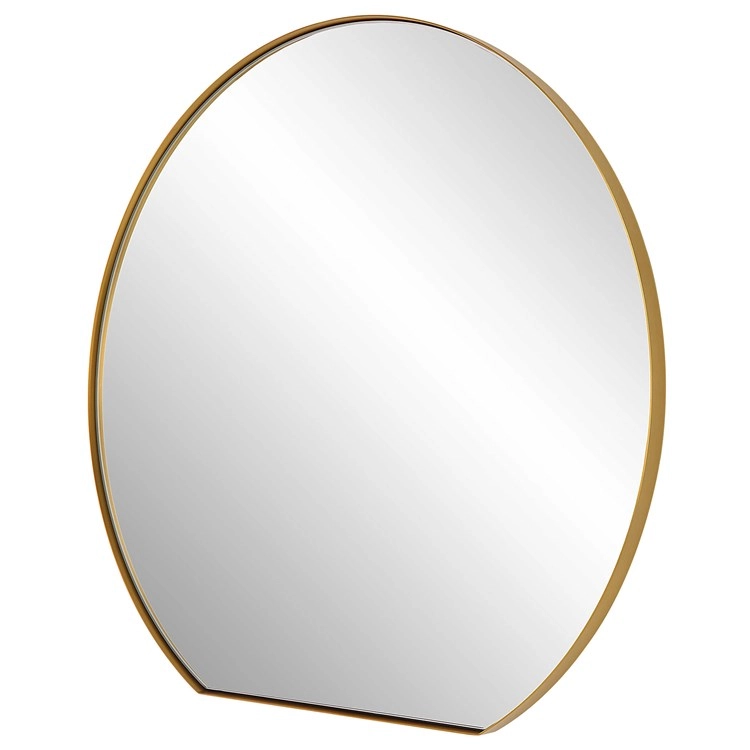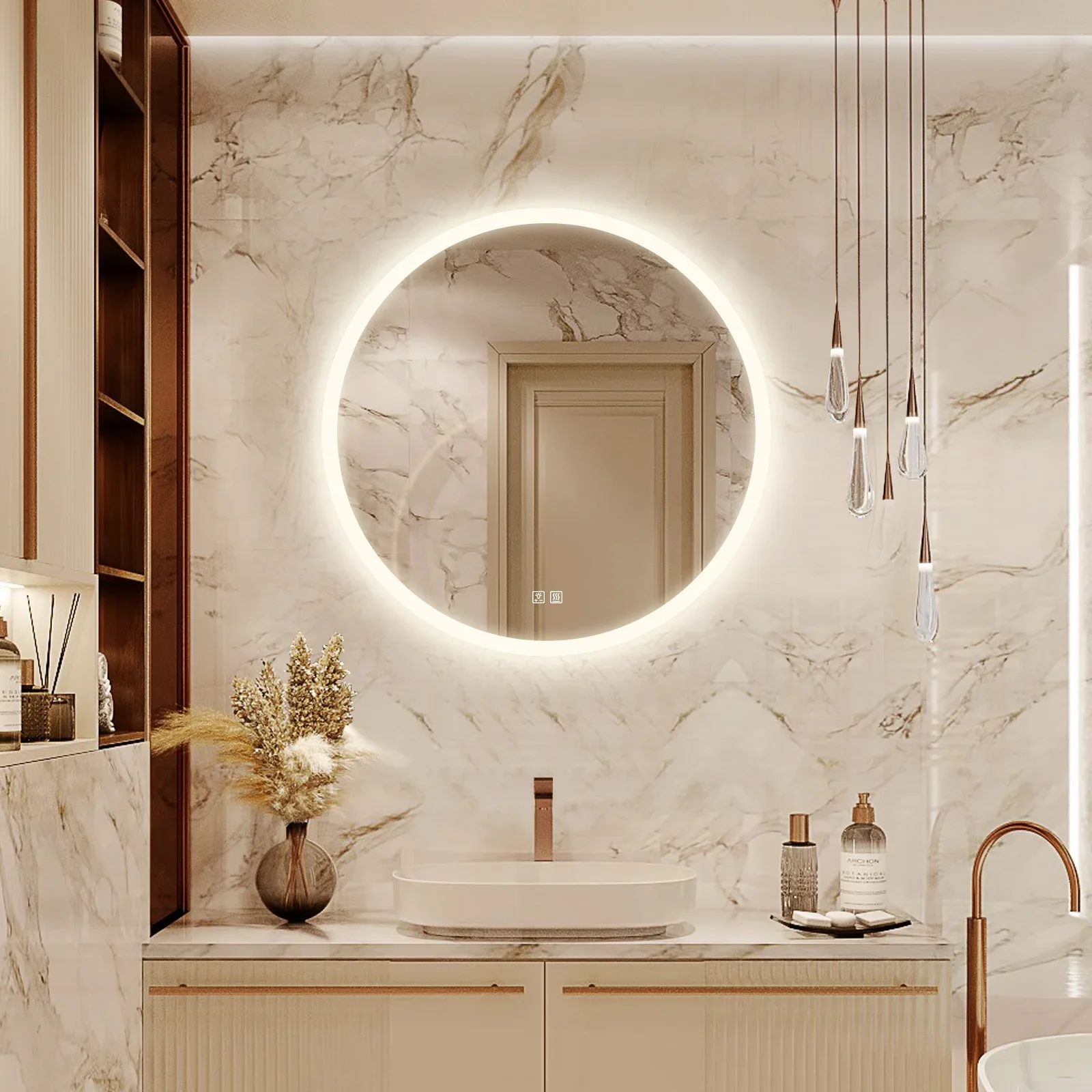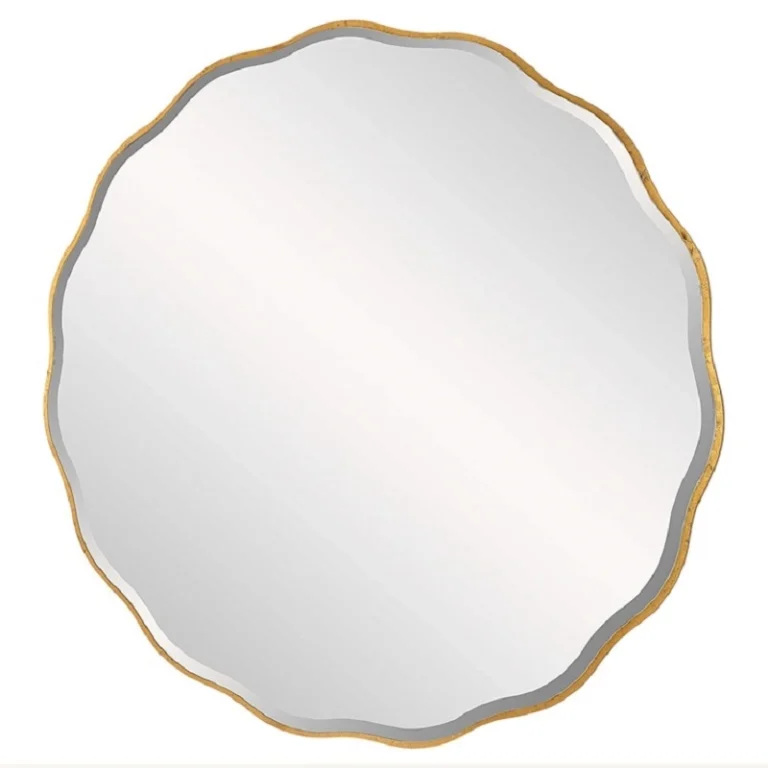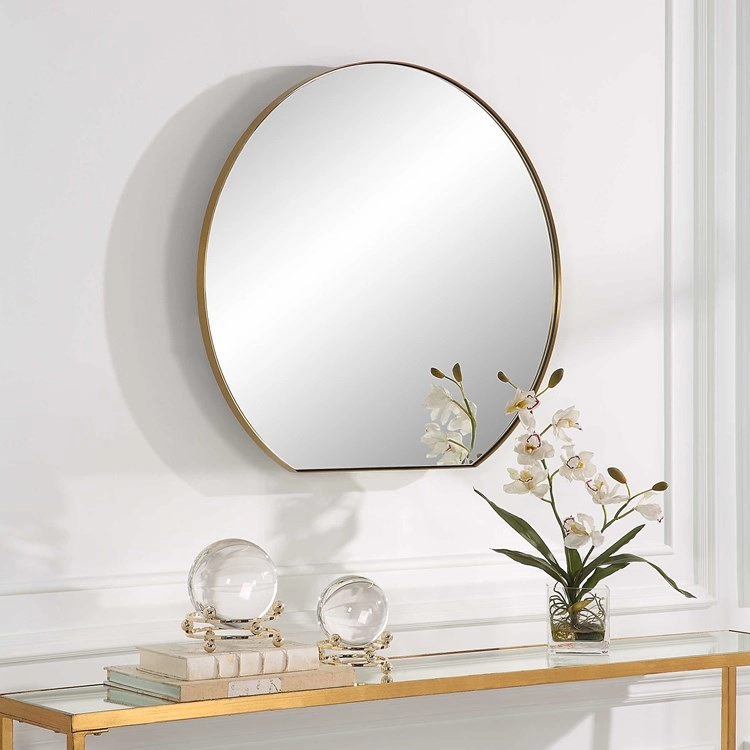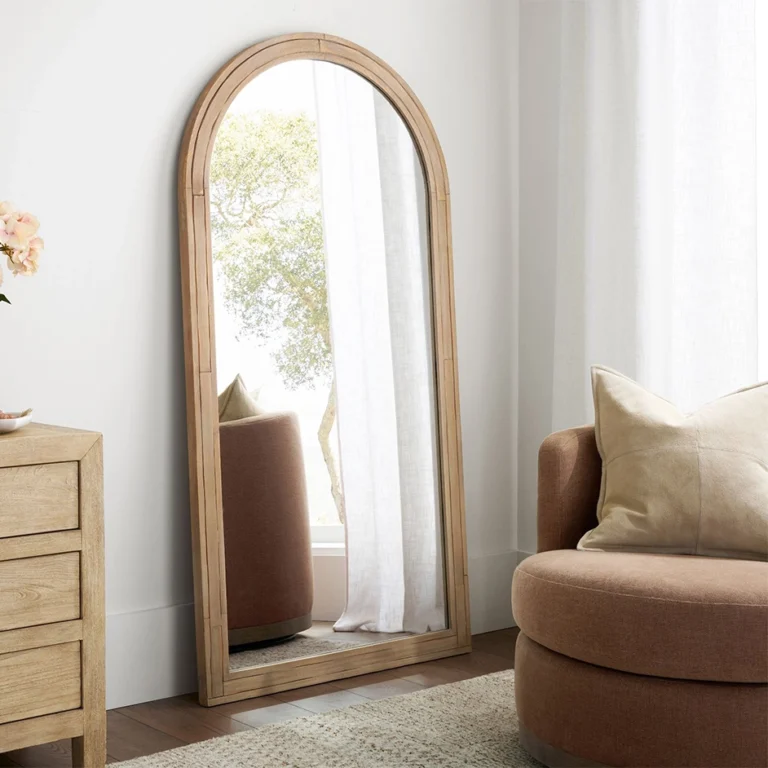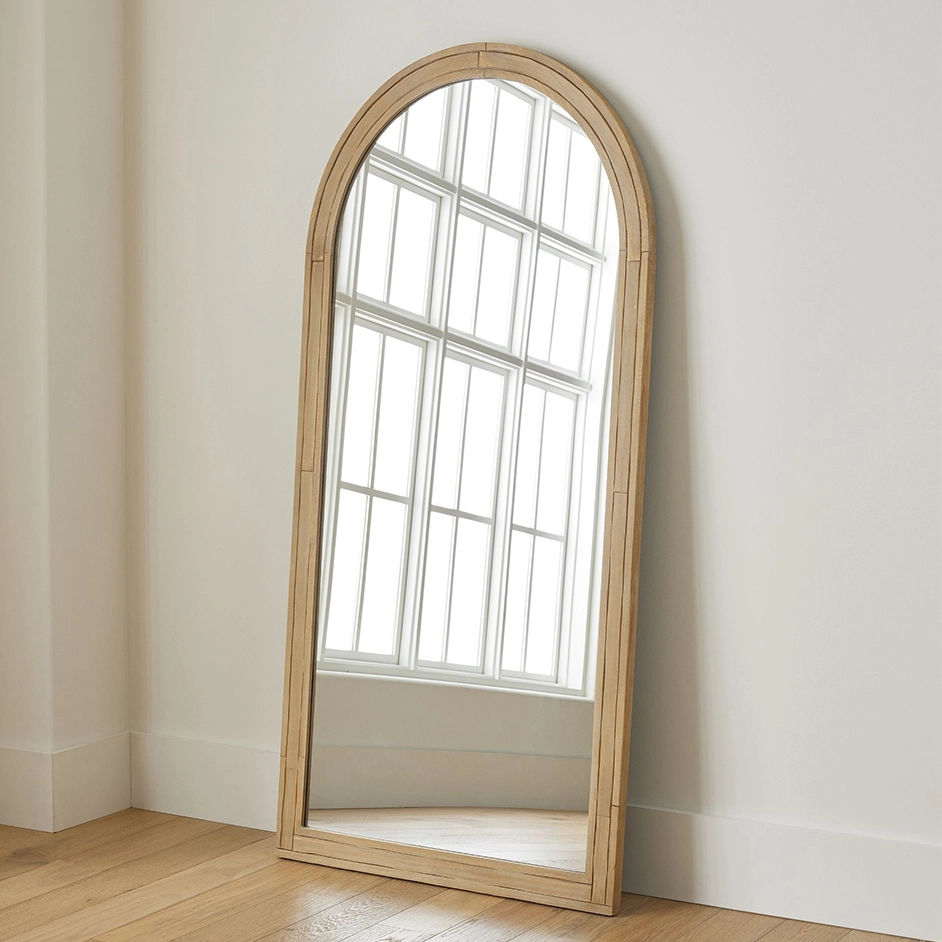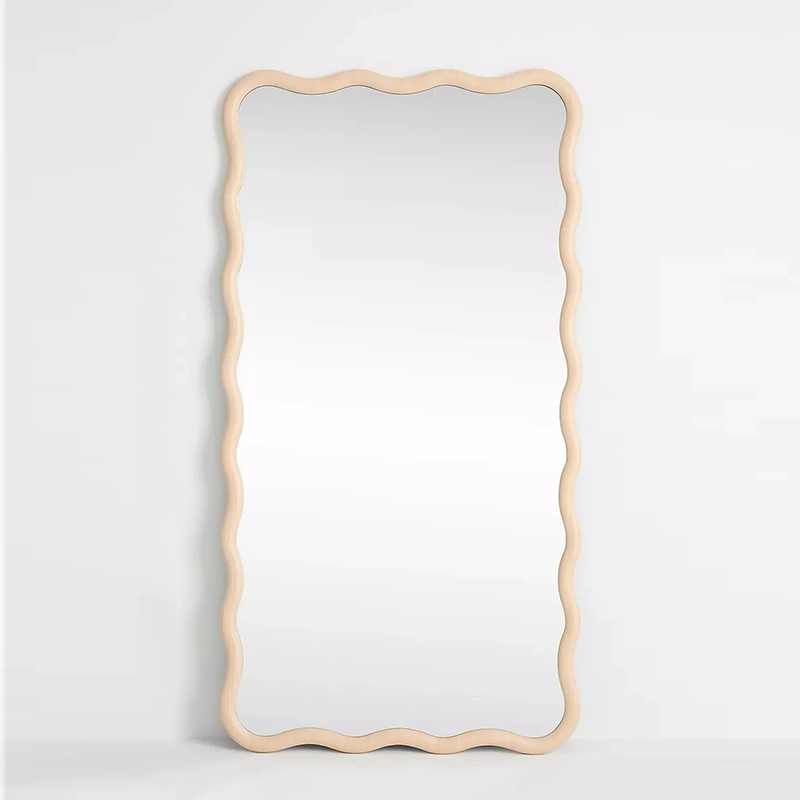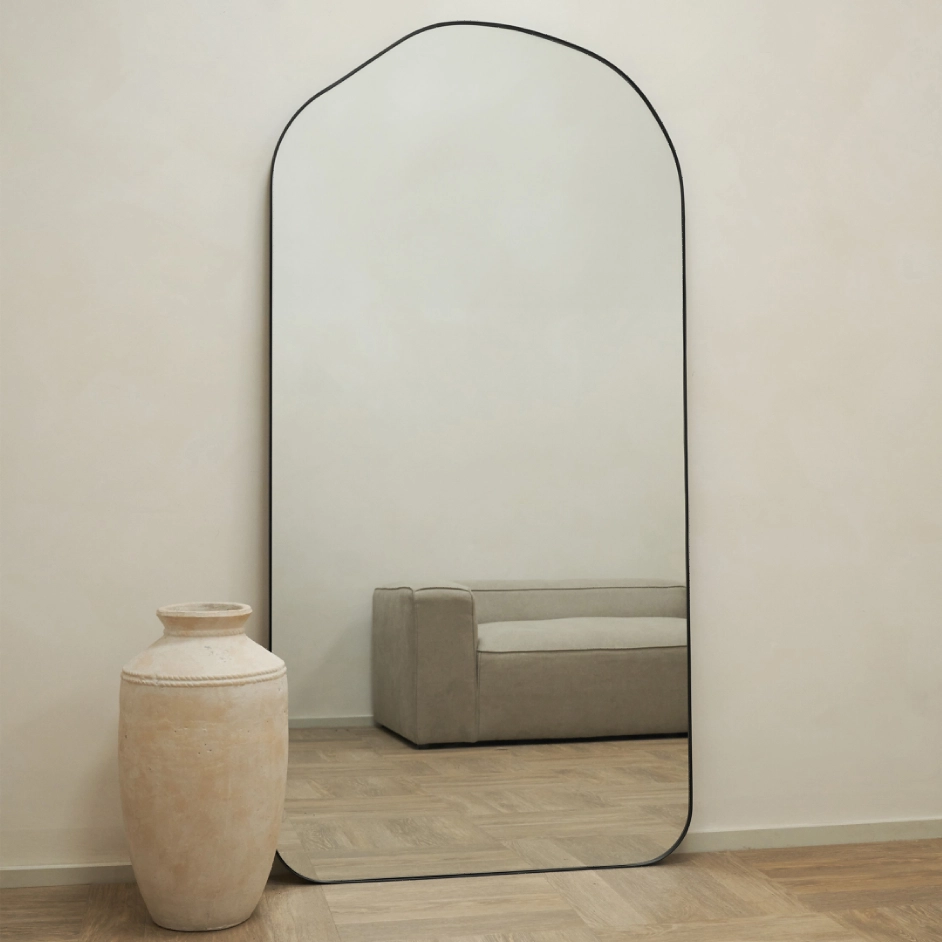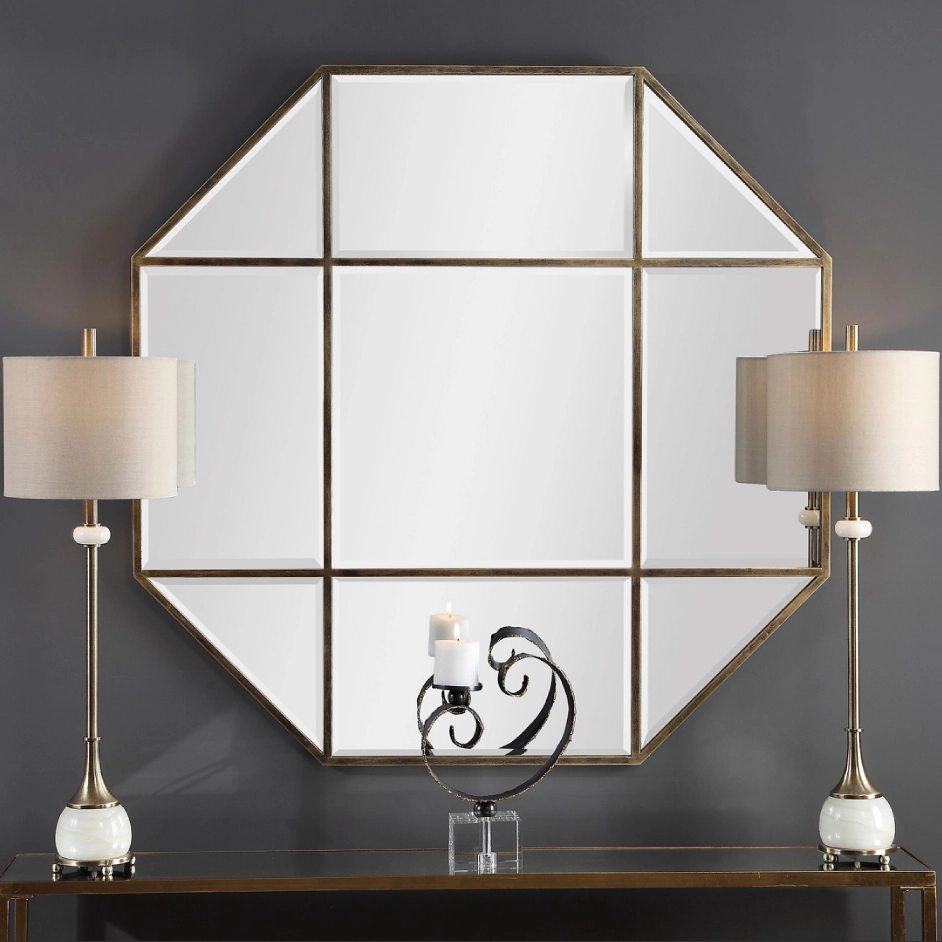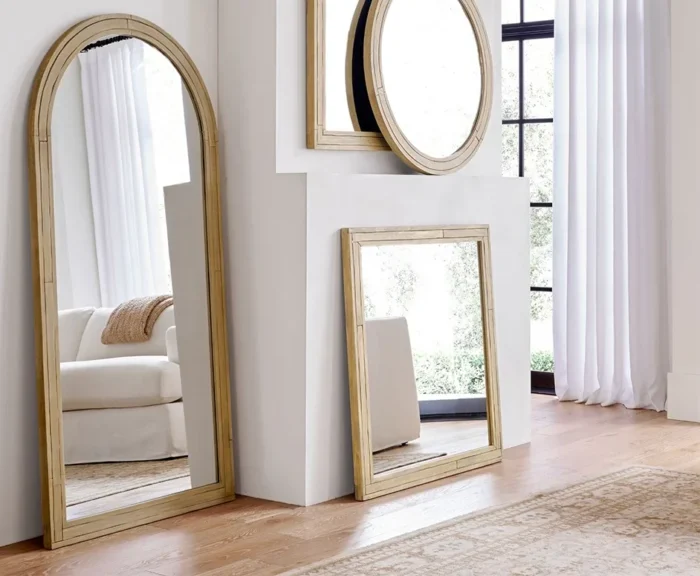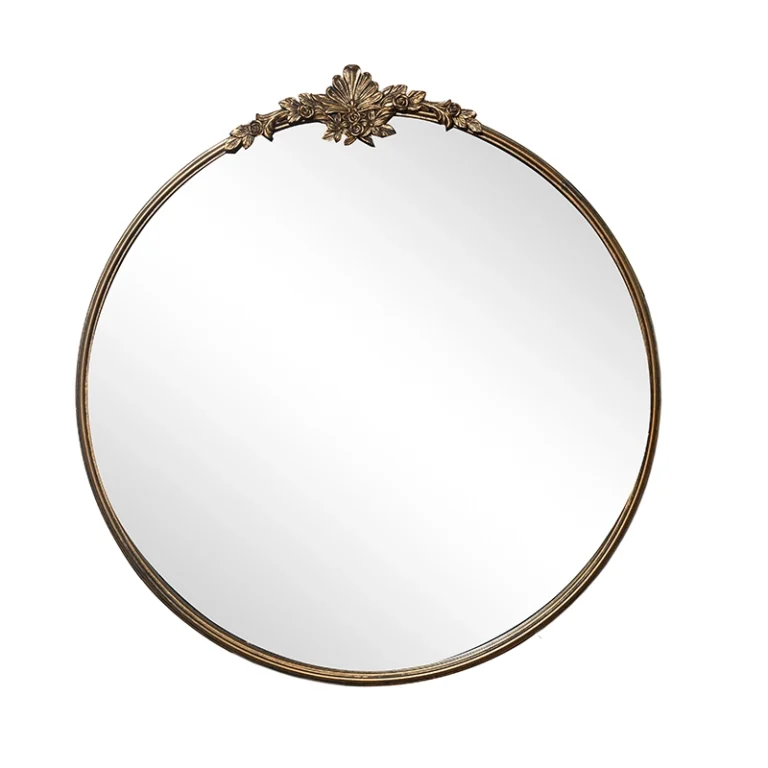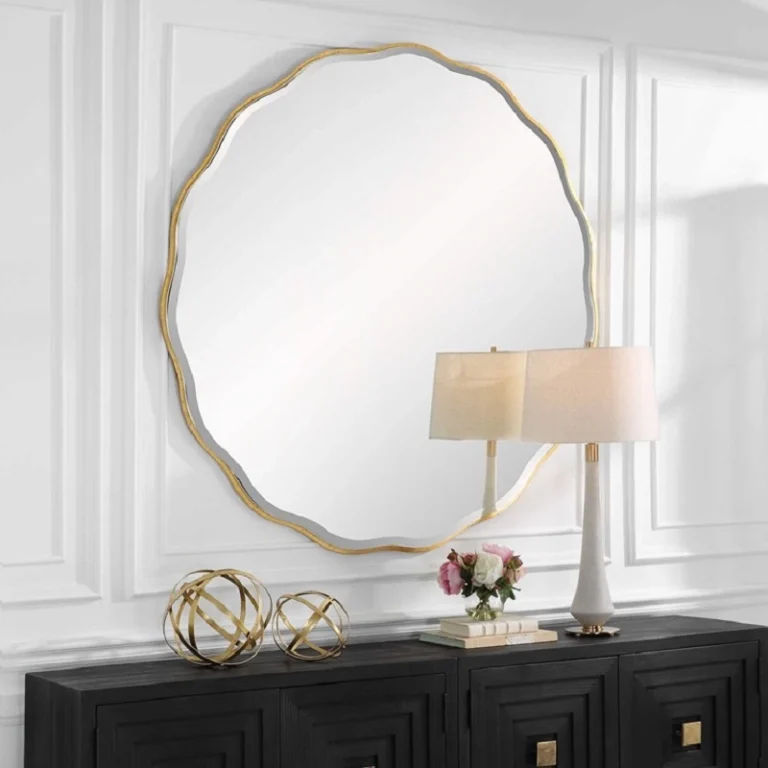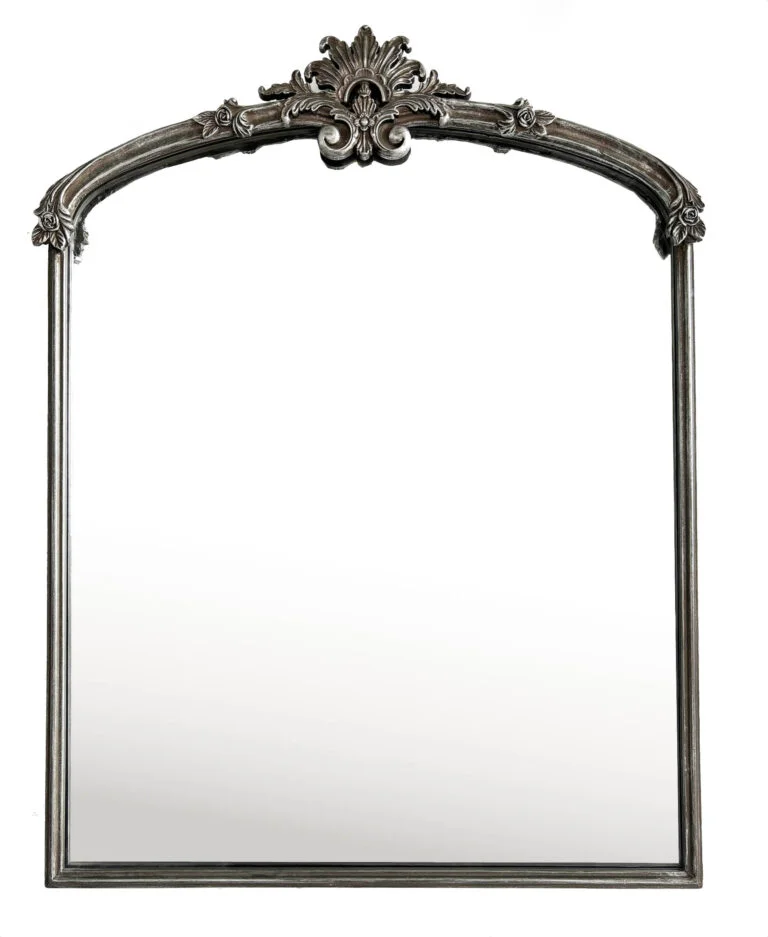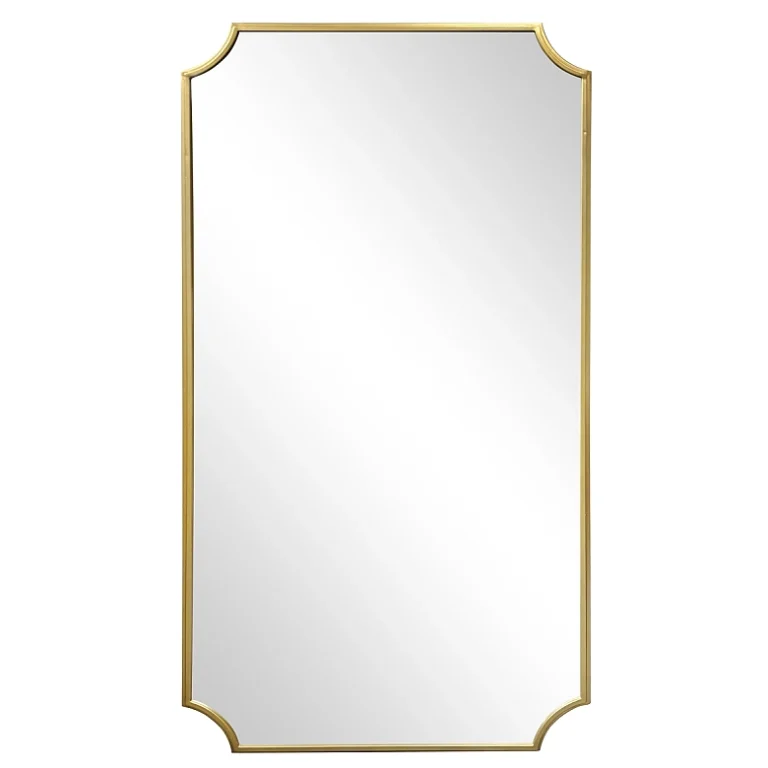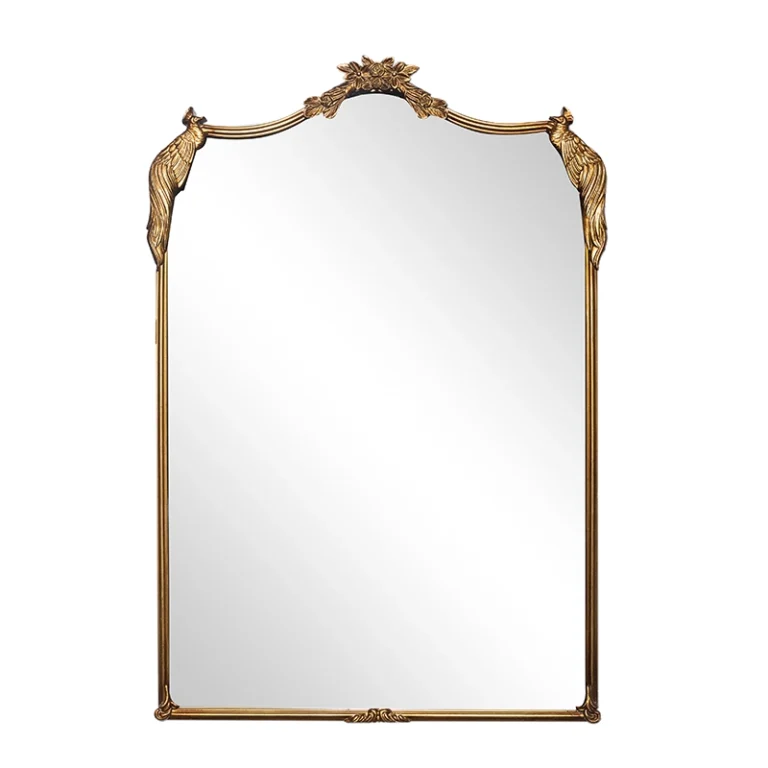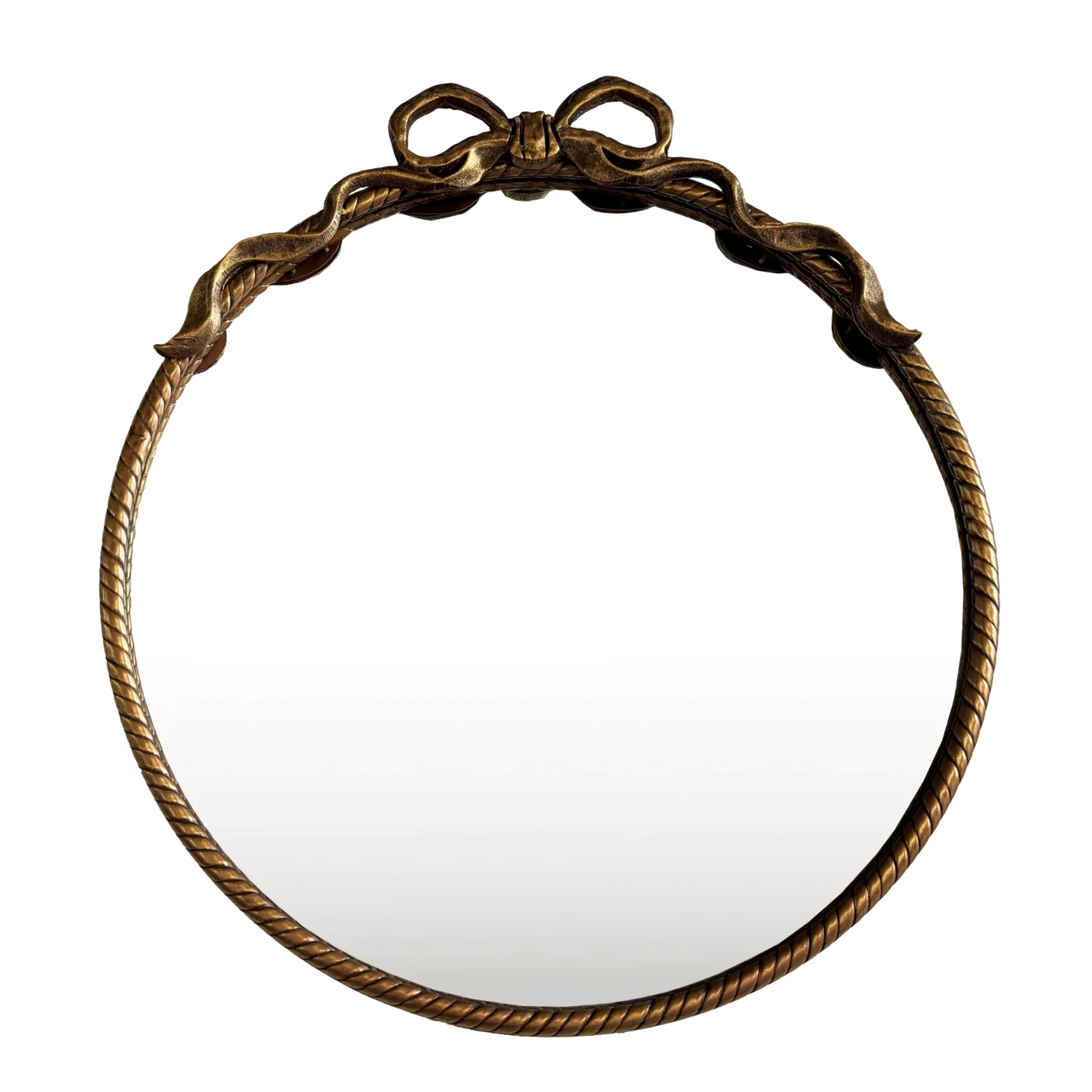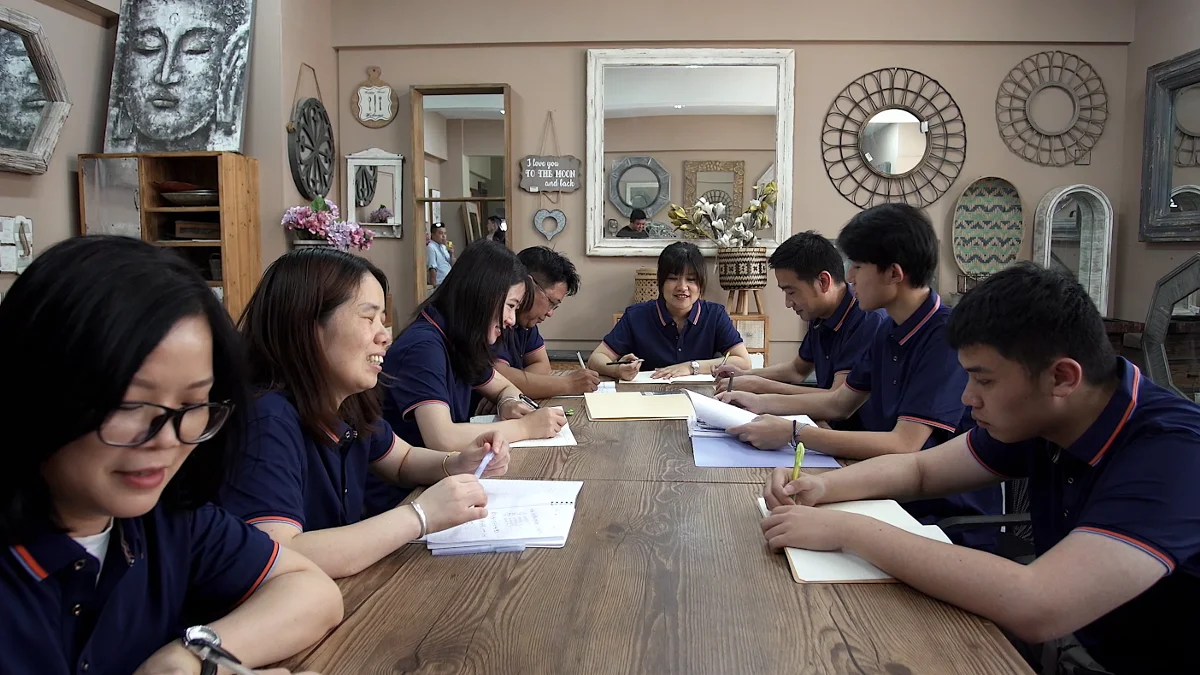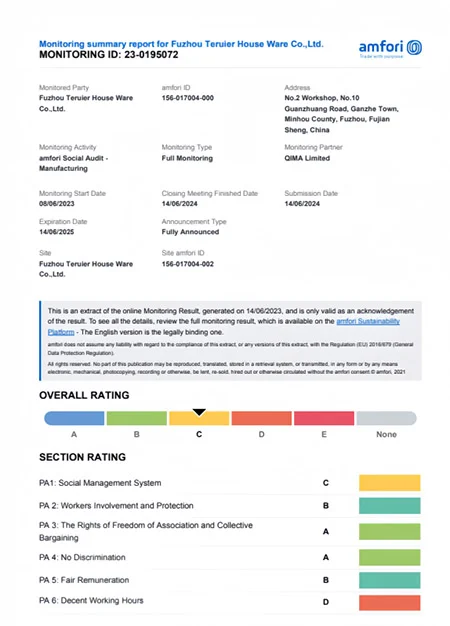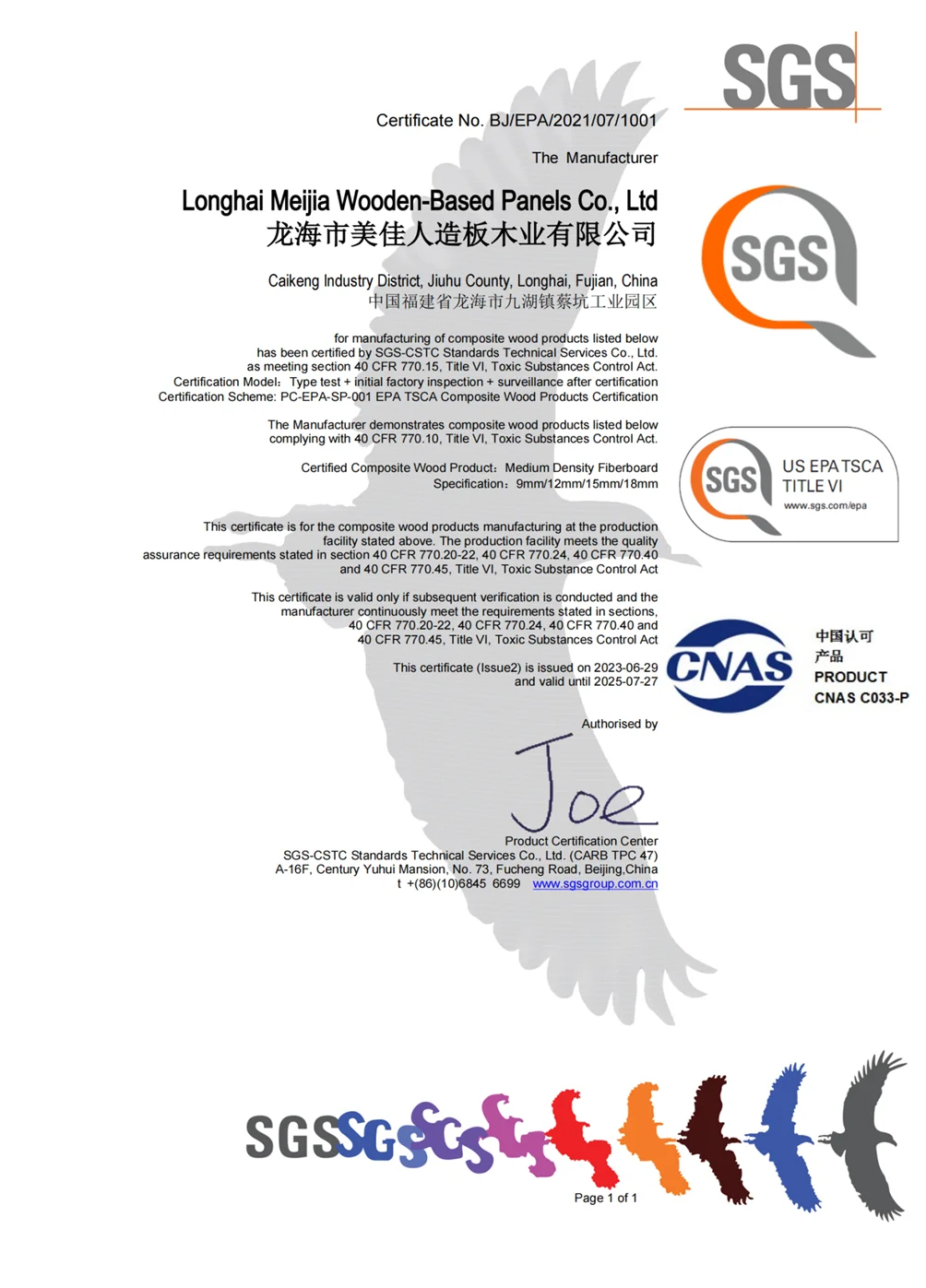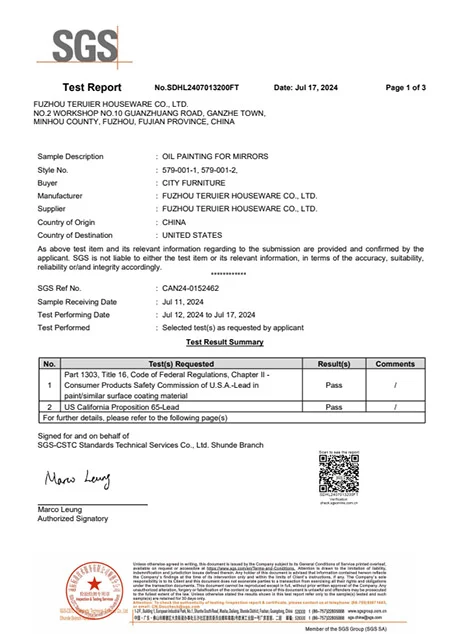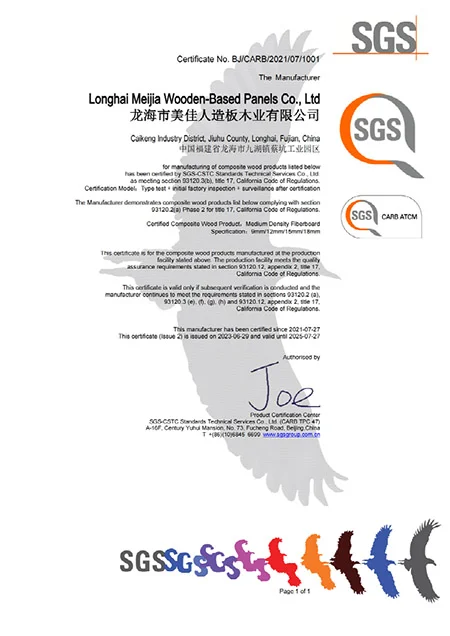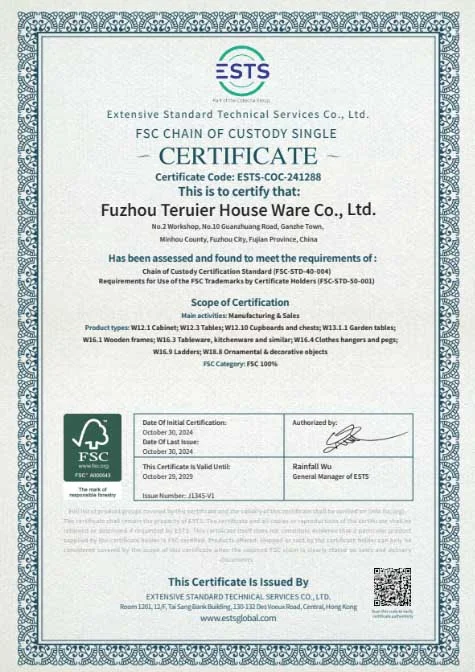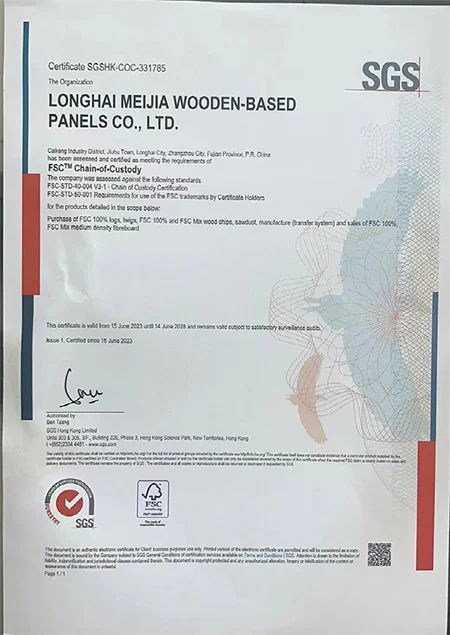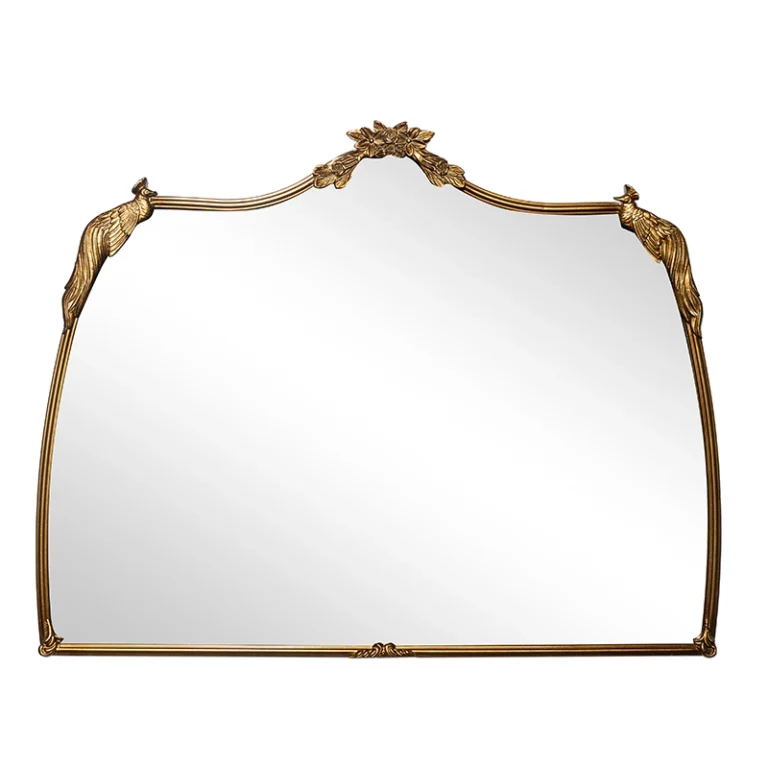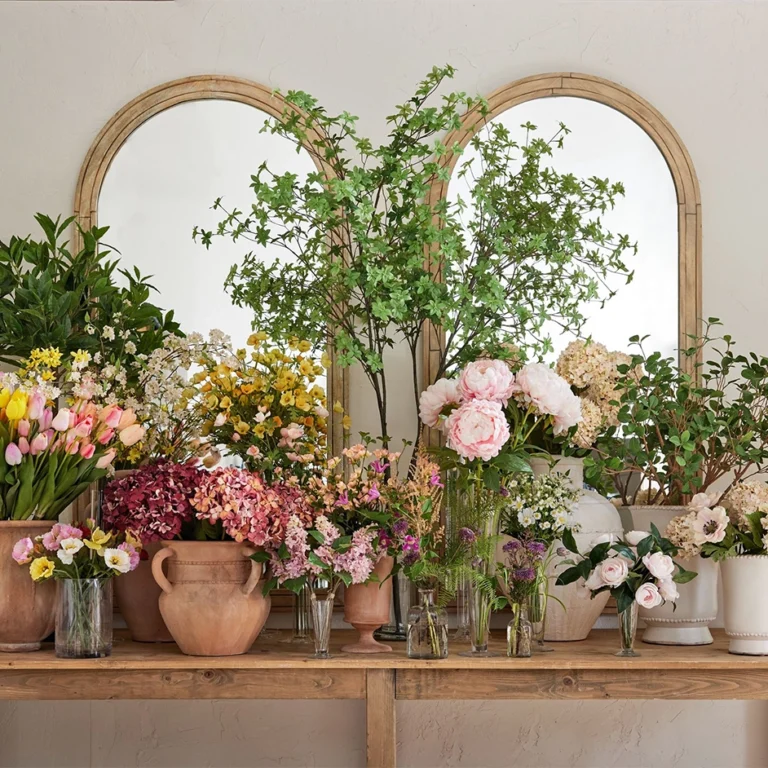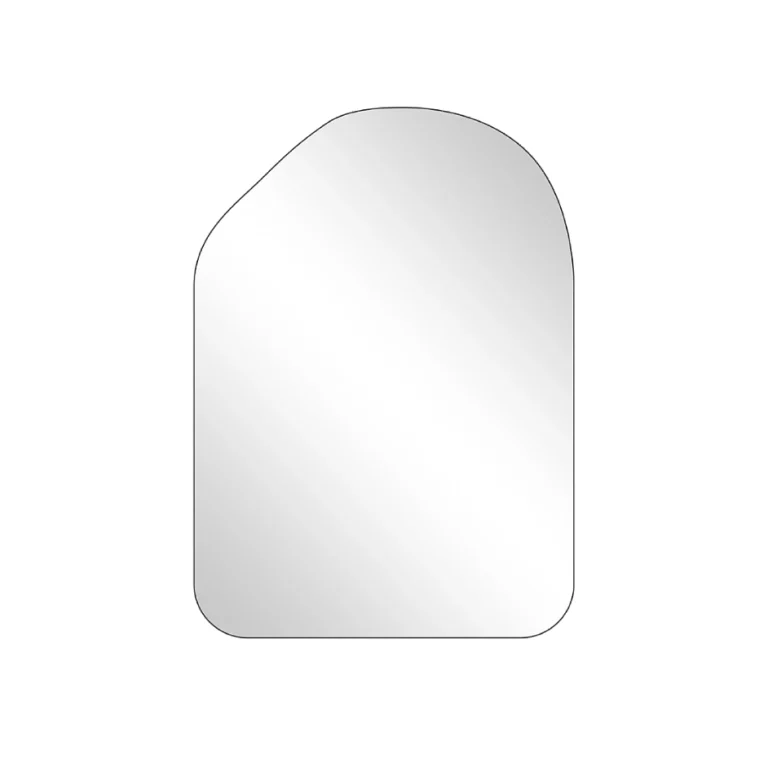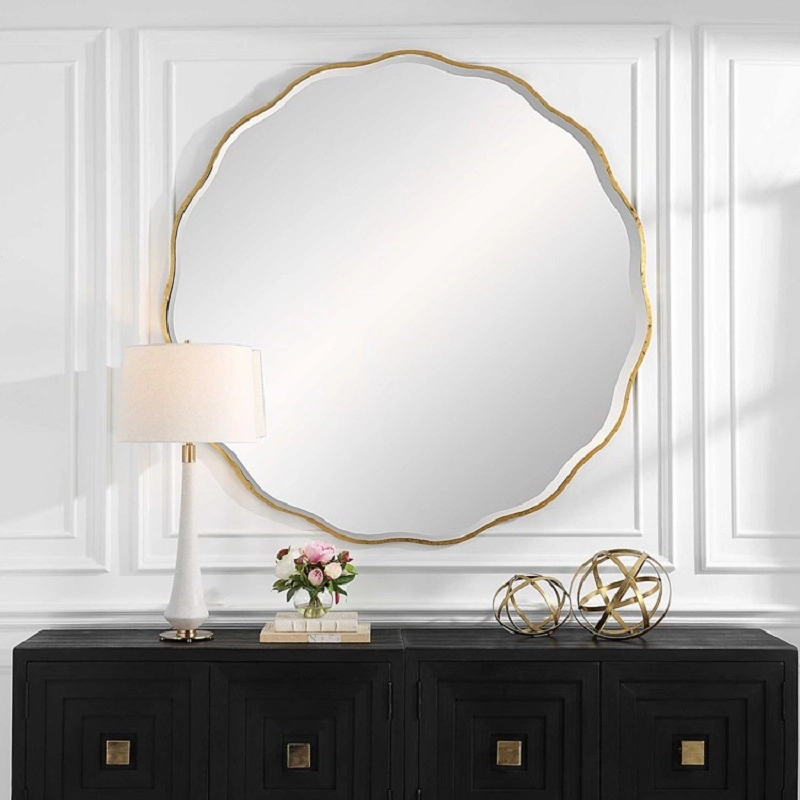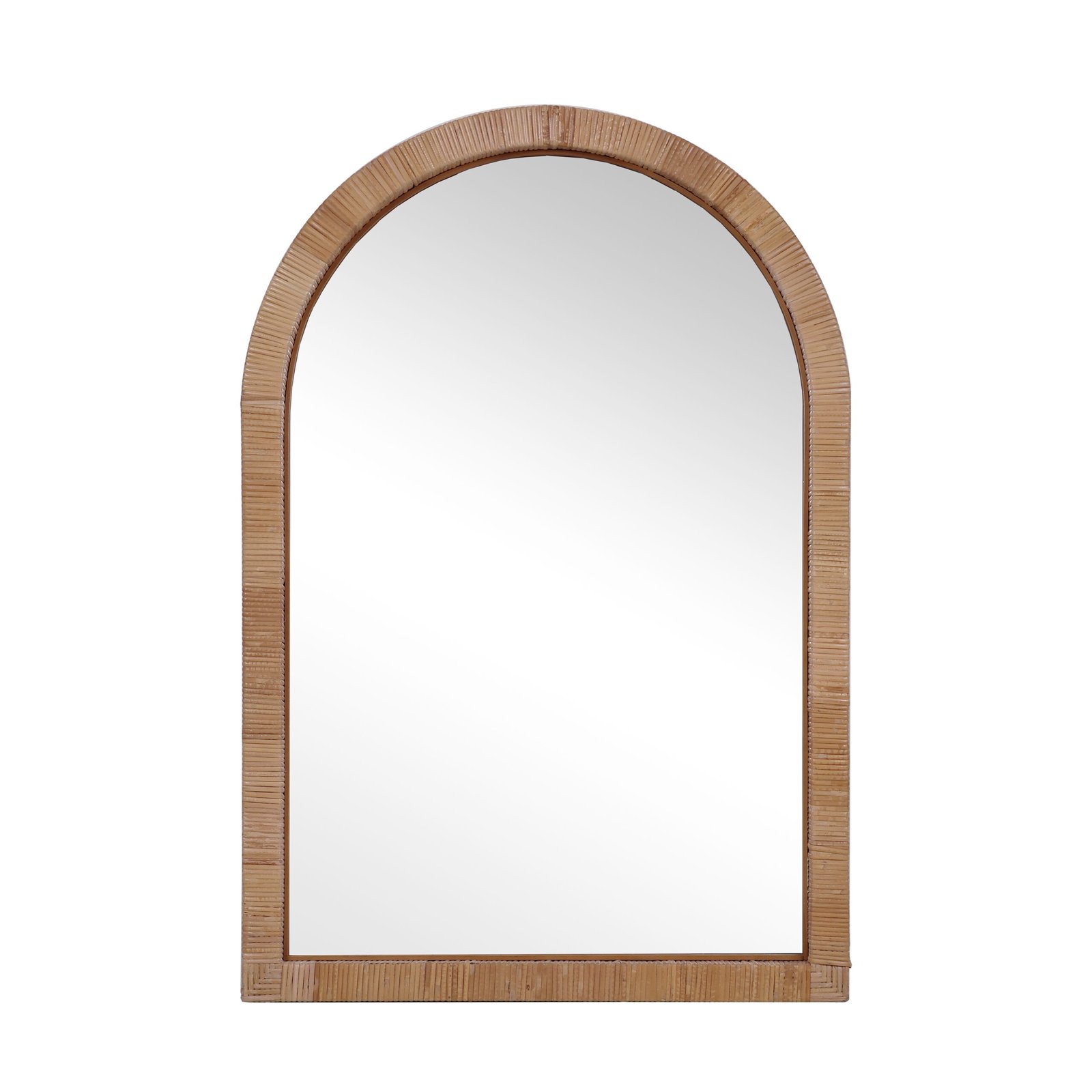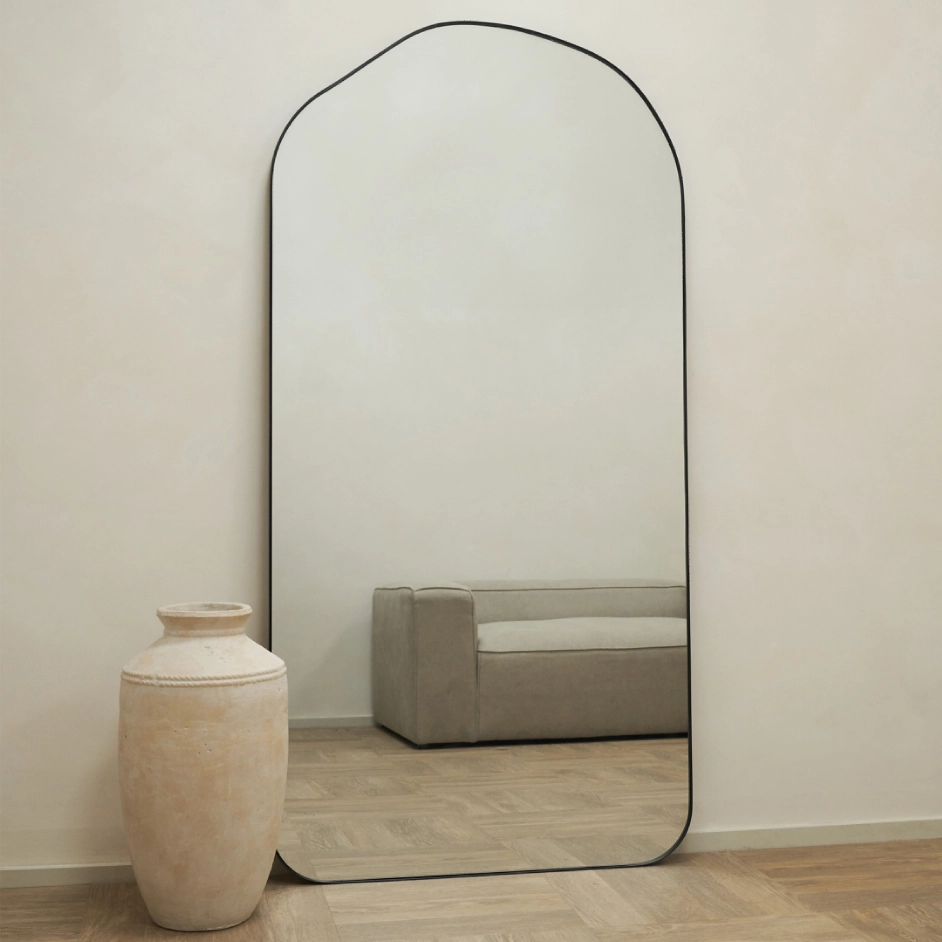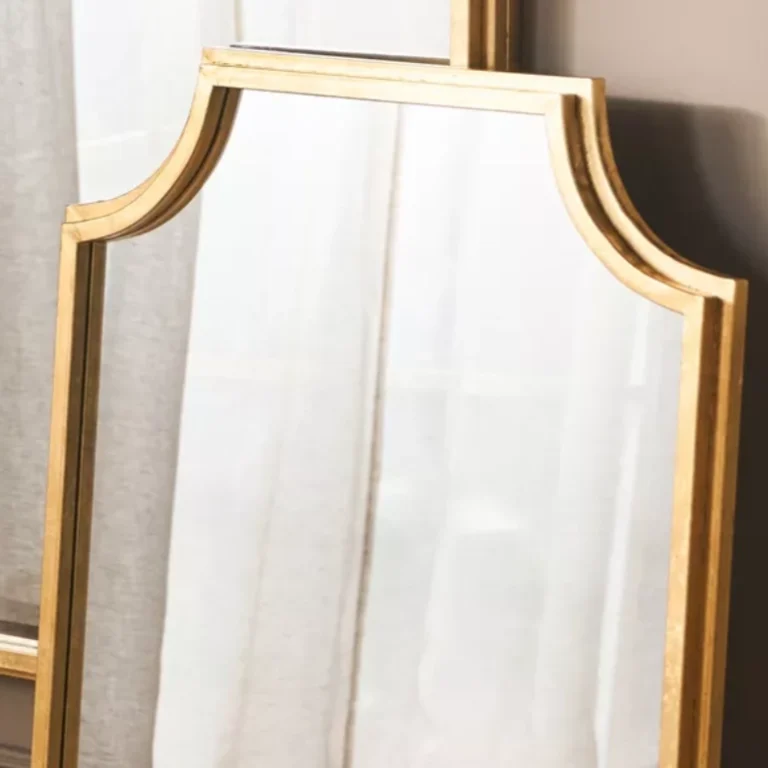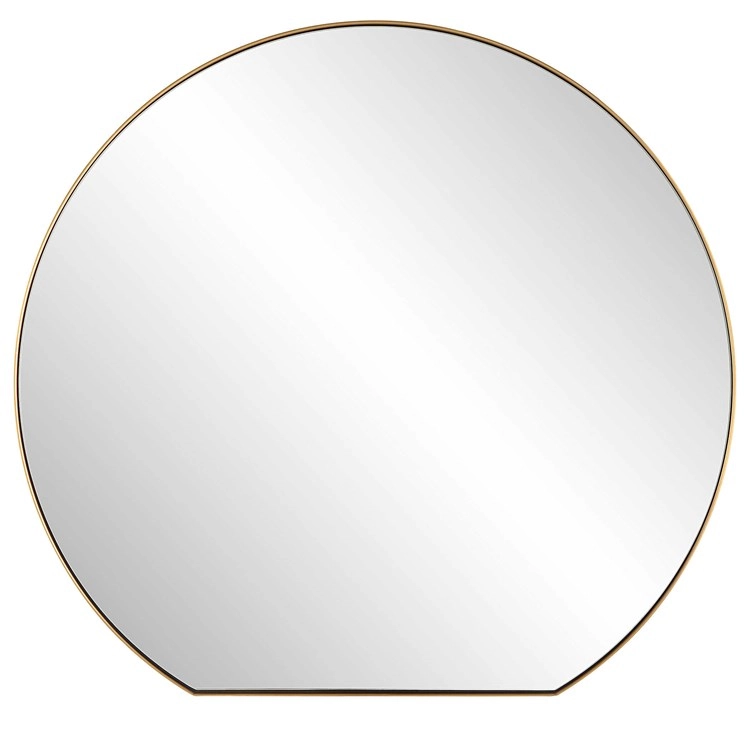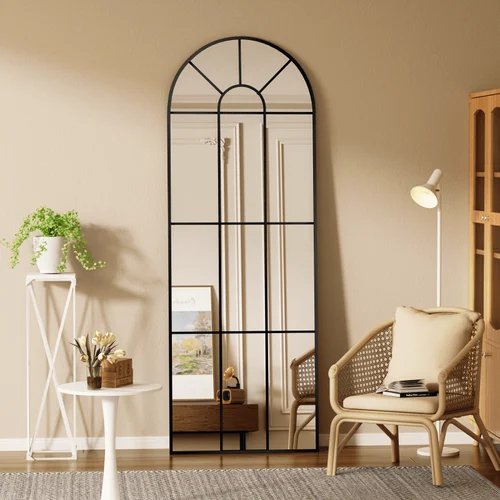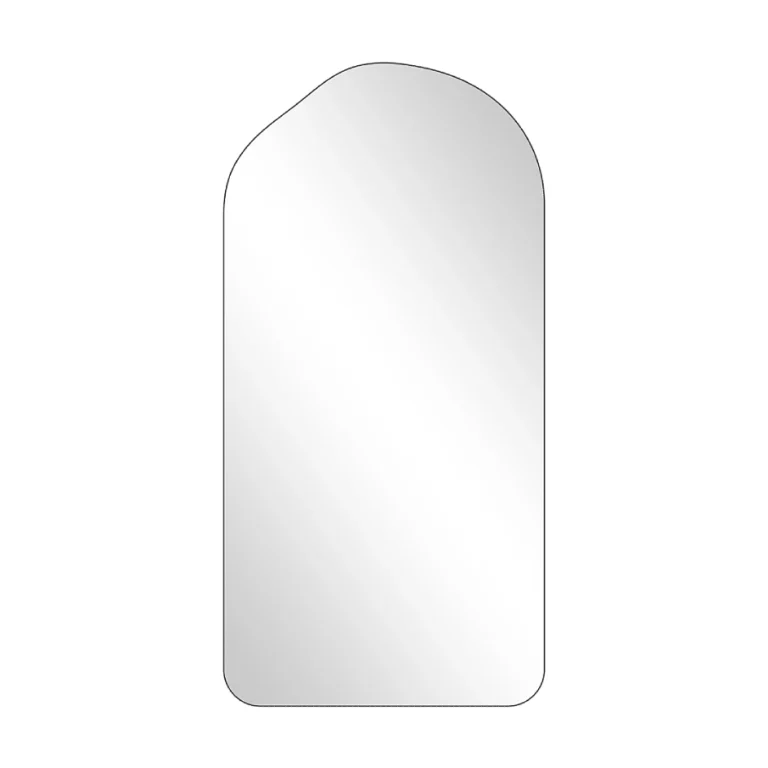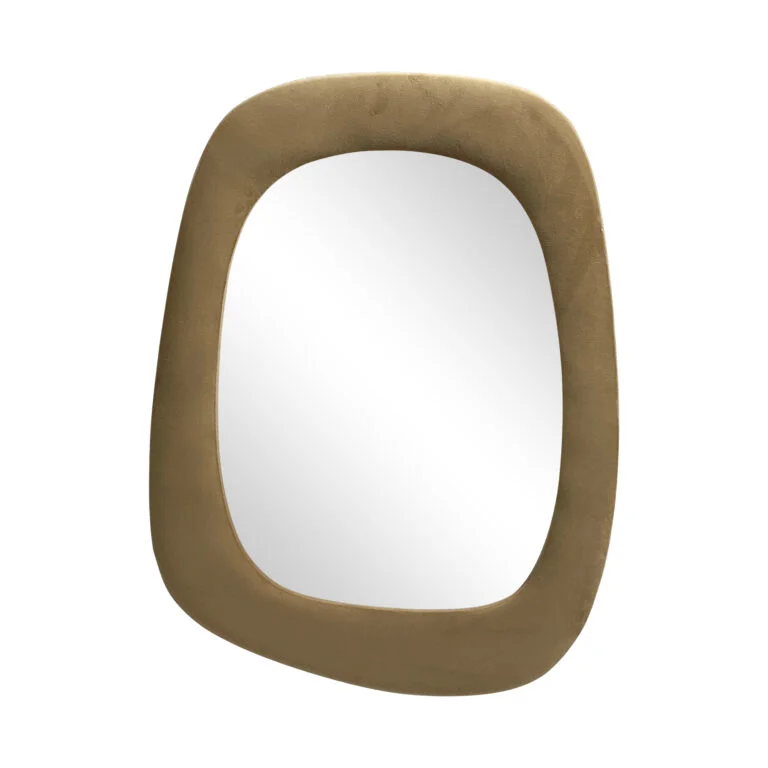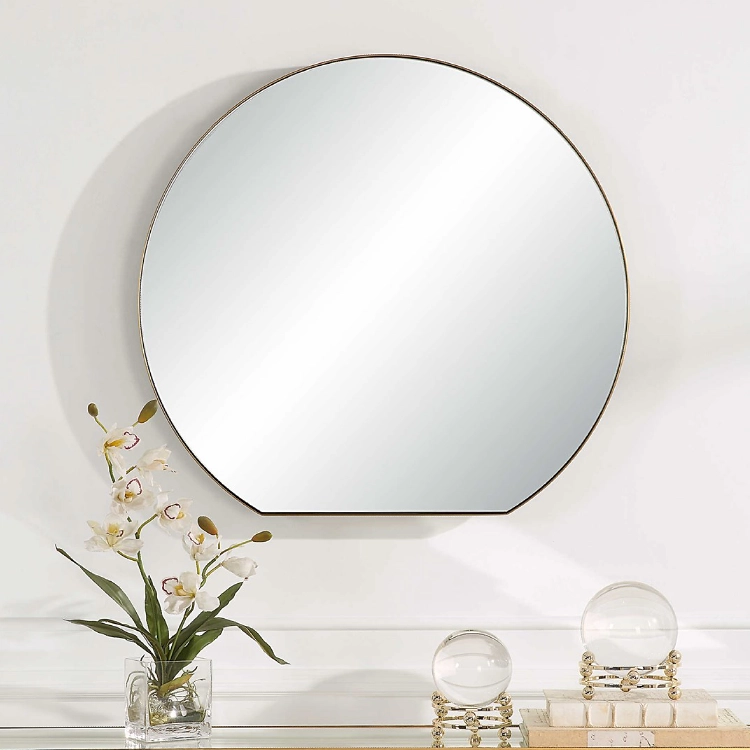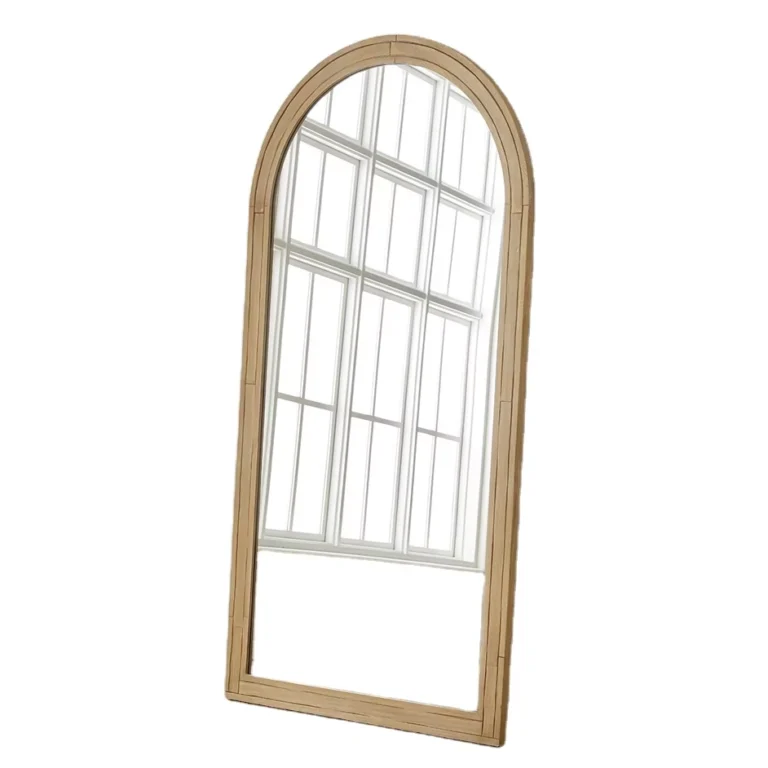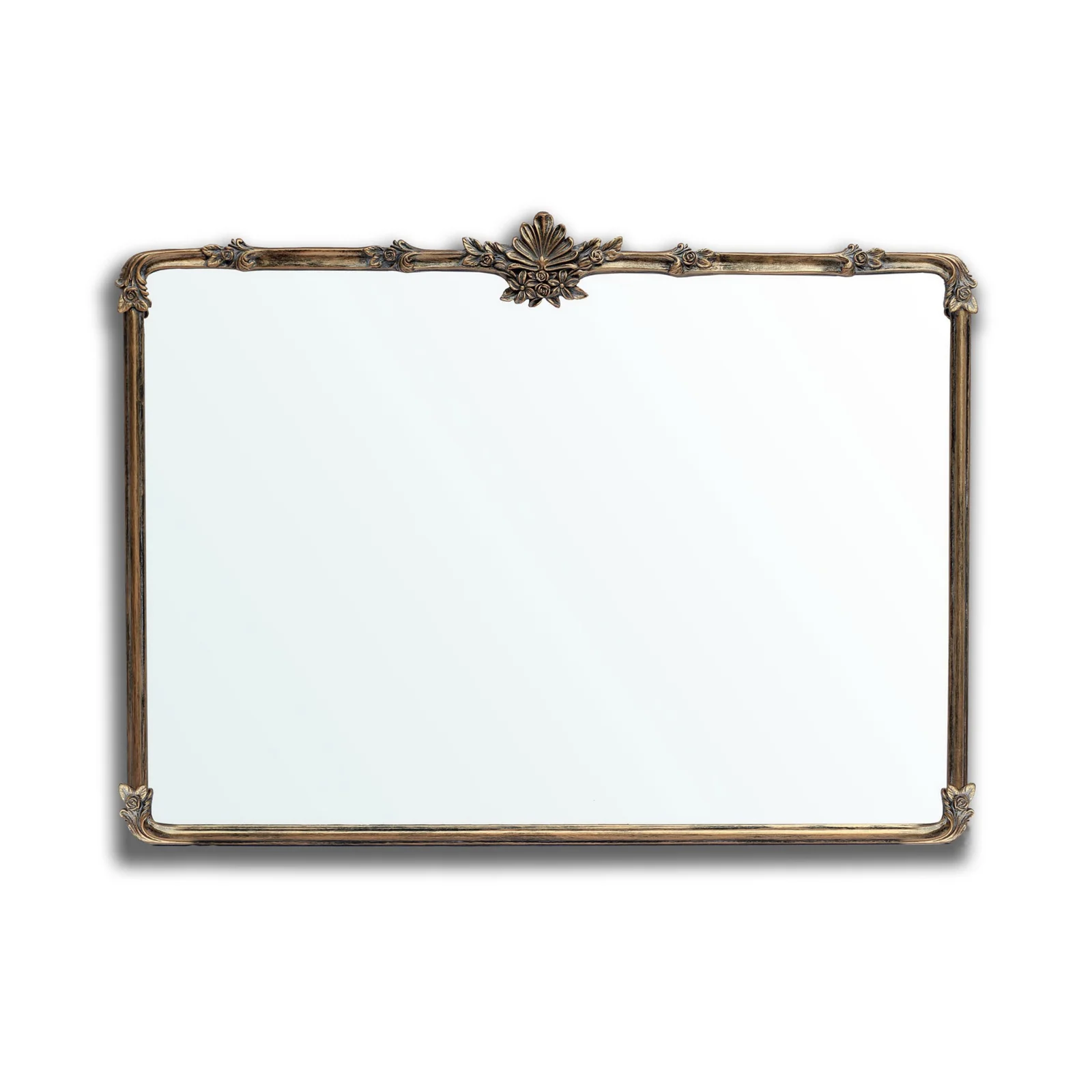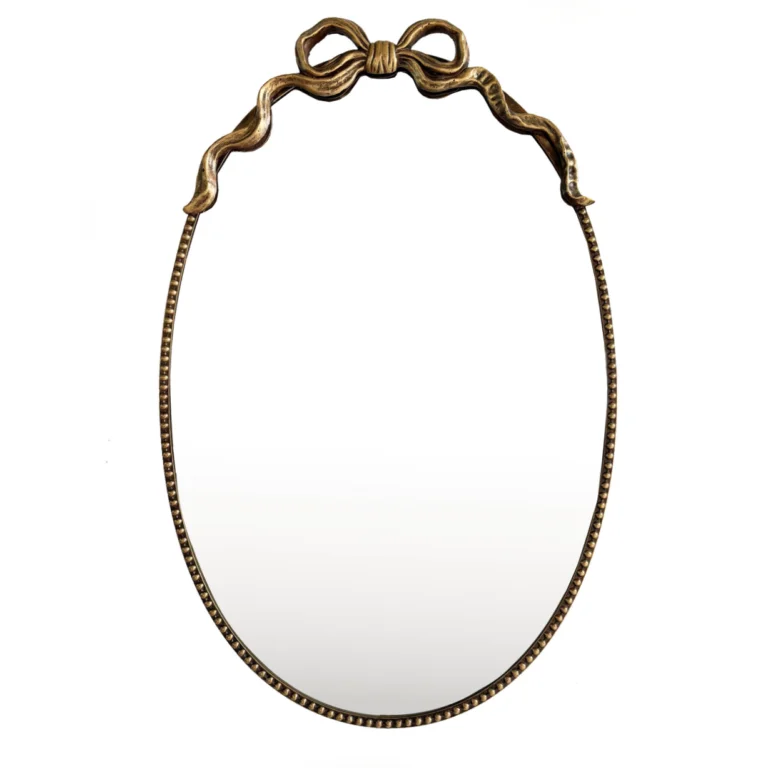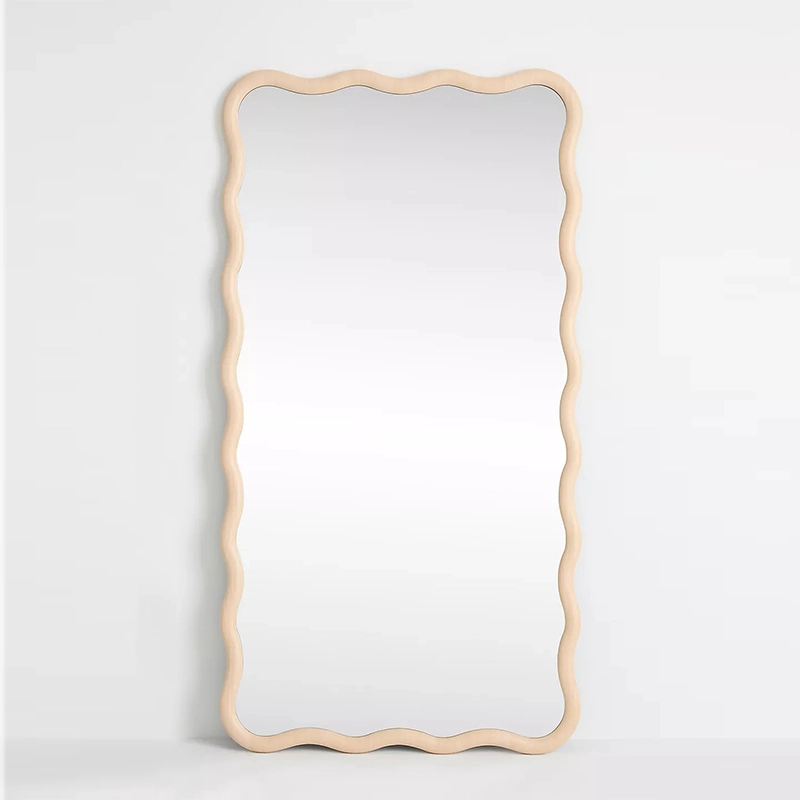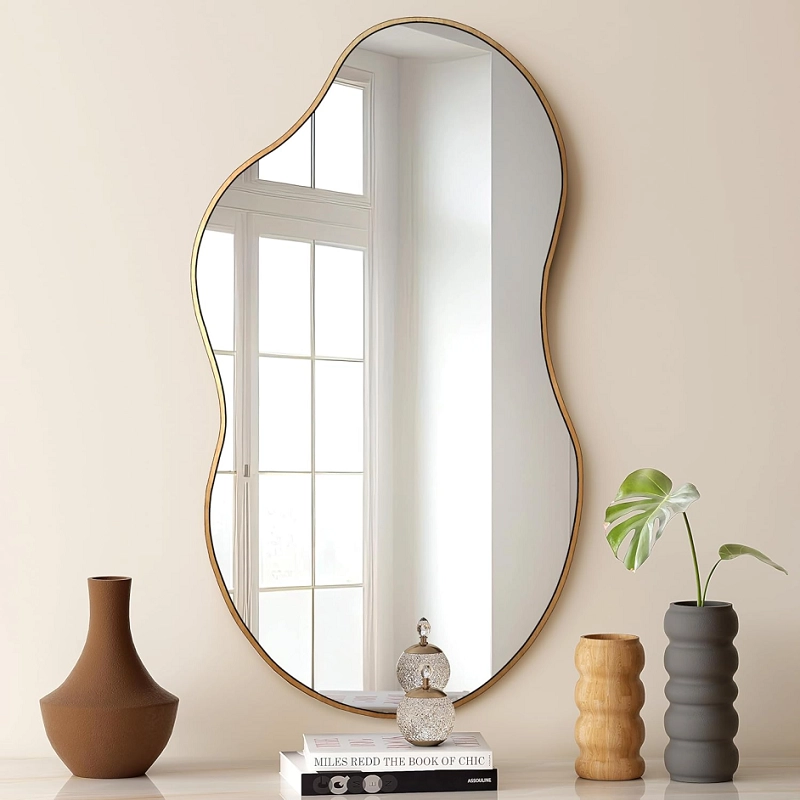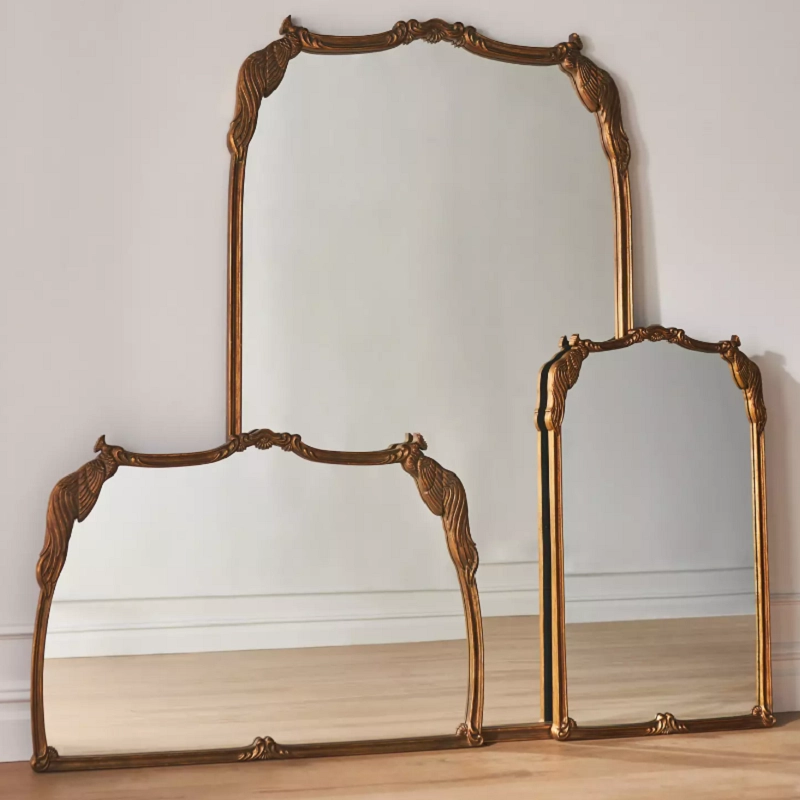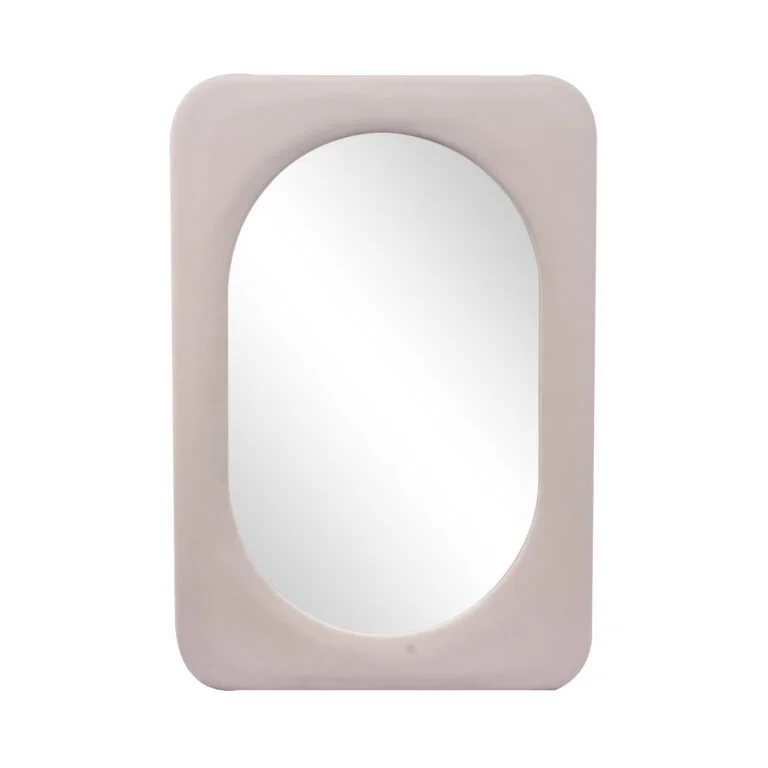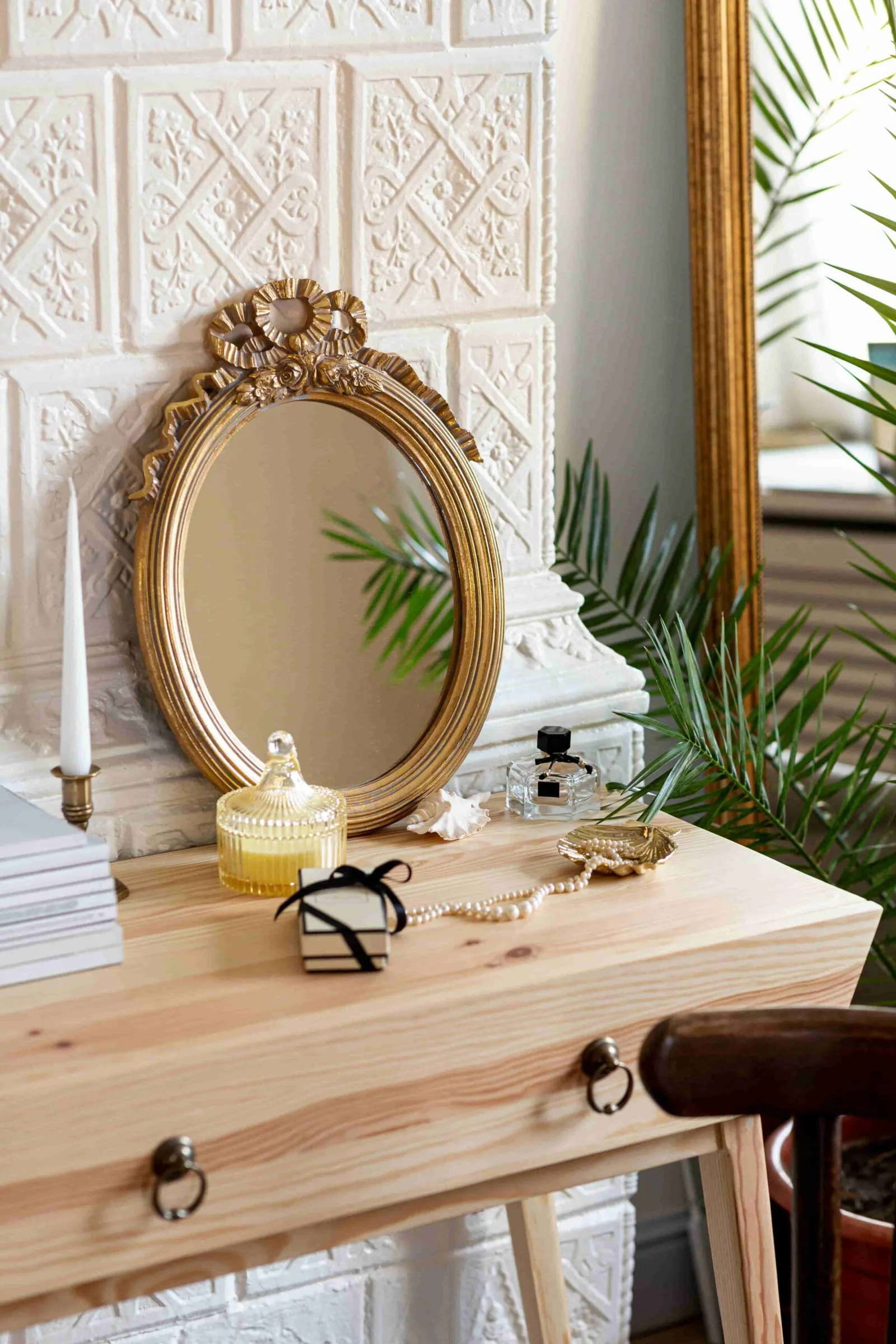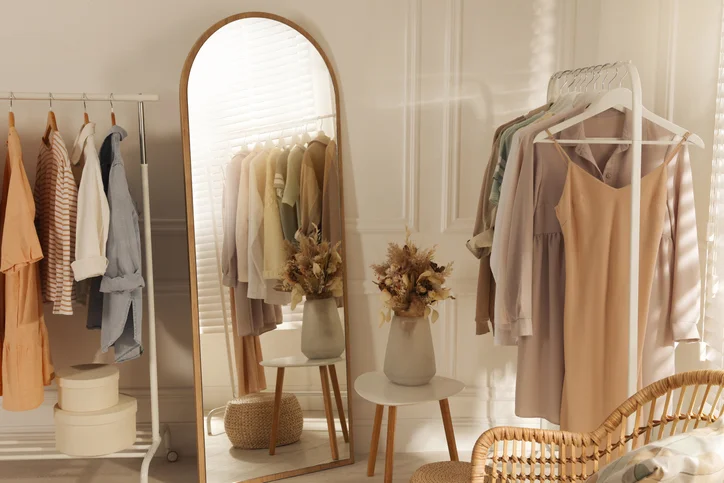Antique Wall Mirror Design Concept
Here’s a design concept for an antique-style exquisitely detailed ornate wall mirror, blending Baroque, Rococo, and Neoclassical influences for a timeless, luxurious piece:
1. Frame Design: Gilded Grandeur
-
Material: Solid wood (carved mahogany or walnut) with hand-applied 24K gold leaf or antique silver patina.
-
Ornamentation:
-
Baroque scrolls: Asymmetrical C- and S-curves with acanthus leaf motifs.
-
Rococo flourishes: Delicate floral garlands, cherubs (putti), and shell carvings.
-
Neoclassical symmetry: Greek key borders or laurel wreaths at the corners.
-
-
3D Detailing: High-relief carvings of mythological figures (e.g., Apollo, Venus) or heraldic symbols (eagles, crests).
2. Mirror Shape & Structure
-
Shape: Oval or rectangular with a convex (bullseye) or beveled edge for depth.
-
Layered Design:
-
Inner border: A narrow band of pietra dura (semi-precious stone inlay) or mosaic.
-
Outer frame: 5–7″ wide to emphasize carvings, with a distressed finish for aging.
-
3. Finishing Touches
-
Patina: Antique wax over gilding to highlight crevices for a timeworn look.
-
Jewel accents: Cabochon glass “gems” (amethyst, emerald green) embedded in the frame.
-
Backplate: Velvet-lined with a hidden compartment (for a vintage touch).
4. Style Variations
-
Gothic Revival: Pointed arches, quatrefoils, and blackened gold.
-
Victorian: Ebonized wood with mother-of-pearl inlay.
-
Art Nouveau: Whiplash curves with enameled peacock motifs.
5. Dimensions & Placement
-
Height: 36–48″ (ideal for over mantels or console tables).
-
Weight: Reinforced with heavy-duty hanging hardware (d-rings + wire).
Inspiration: Mirror designs by Louis XIV’s craftsmen or 19th-century Venetian artisans.
Would you like sketches or material samples for specific elements?
Generally speaking, our order requirements are as follows: the minimum order quantity (MOQ) for large items is 50 pieces, for regular items it is 100 pieces, for small items it is 500 pieces, and for very small items (such as ceramic decorations) the MOQ is 1,000 pieces. Orders exceeding $100,000 will receive a 5% discount. The delivery timeline is determined based on the specific order quantity and production schedule. Typically, we are able to complete delivery within two months.
